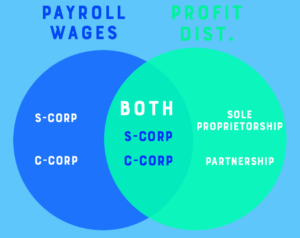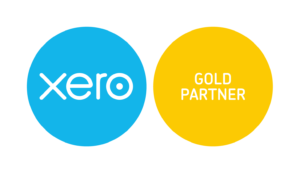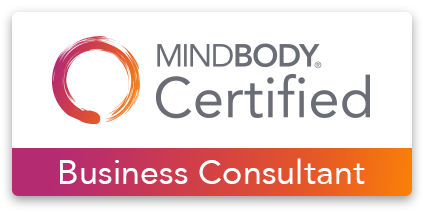You started your own business – congratulations! When people ask why you started your business, you probably explain how you want to help people or give back to the community. But let’s be honest; you also started your business to make money.
If you’re lucky, your business has started to earn a profit. But if that profit is just sitting in your business bank account, you may be wondering: “how do I pay myself out of my business?” Or if you’ve started compensating yourself, you may wonder “am I paying myself the right way?”
We aren’t going to tell you how much to pay yourself or dive into all of the tax effects of paying yourself. This post on “How do I pay myself” will focus on the logistics of how to get money from a business account and move it into a personal bank account so you can pay for your groceries, mortgage and more.

Business owners are usually paid in wages through payroll, in profit distributions (sometimes called draws or dividends), or both. The method you choose to pay yourself should depend on the type of business you set up, and whether or not you work for the business. You also need to know if your profit distributions are taxable, which is based on the type of business you’ve established.

Sole Proprietorship
The simplest business type is a sole proprietorship. If you go into business for yourself and you don’t choose a different type of structure, you are a sole proprietor (sometimes called a Schedule C business because that is the tax form you file at the end of the year). There isn’t any paperwork involved, you just have to say you are in business.
For sole proprietors, paying yourself is simple. All you have to do is transfer some money from your business account (please, please have a business bank account) into your personal account, which is a profit distribution. You don’t have to put yourself on “payroll” (in fact, you should not put yourself on payroll). This profit distribution transfer has no affect on your taxes. Taxes are the same whether you leave the money in the business bank account or transfer it to your personal account.
Partnership
A partnership is kind of like a sole proprietorship – just with multiple owners. There aren’t any documents you have to file to set one up (although you should have a partnership agreement). If two or more people are in business together and haven’t filed paperwork to set up a different type of organization, they are a partnership by default.
Just as a sole proprietor can’t be on payroll, partners in a partnership can’t be on payroll either. The partners get paid simply by moving money from their partnership business account into their personal bank accounts. The partnership agreement can stipulate a certain amount that each partner gets paid (this is called a “guaranteed payment” ) – but this payment is not wages and shouldn’t be paid through payroll.
S-Corporation
If you are an owner of an S-corporation and also do work for the business, you will get paid in a couple of ways. Since you work for the business, you are an employee of the business and should get paid through payroll. Now you may be wondering how much your salary should be.
An employee-owner of an S-corporation is required to get “reasonable compensation” in the form of wages. This is a concept far too complex to address here, and is something that should be discussed with a CPA as part of your tax-planning strategy. For now, let’s just say that some wages should be paid through payroll for any S-corporation owners who also do work for the business.
As an S-corporation owner, you might also receive distributions of company profits. These distributions aren’t paid through payroll – they are simply transfers of money from the business to the owner. So again, an S-corporation owner might get wages paid through payroll and profit distributions.
C-Corporation
C-corporations are just like S-corporations in that owners who do work for the business should be paid wages through payroll. The big difference between the two business types is that the profit in the business is taxed at the corporate level for C-corporations and it is taxed at the personal level for S-corporations. Therefore, a C-corp owner might get a combination of wages and profit distributions (dividends), but they would be taxed a little different than an S-corporation owner.
Limited Liability Corporations
The interesting thing about LLCs is that they are a legal entity, but they are not a tax entity. If you organize as an LLC, you may choose which type of tax entity you want for your business. By default, an LLC is a partnership or sole proprietorship (depending on the number of owners). However, you can choose for your LLC to be taxed as a C-corporation or an S-corporation. Consequently, an LLC owner would get paid based on the type of tax entity they have chosen.
Bottom Line
Most new business owners don’t realize how complicated it can be just to pay themselves. While it is never satisfying to hear “it depends” when you ask a question, the method of paying yourself really does depend on several factors. Be sure you know how your business entity type and your tax situation dictates the best way to take home the fruits of your labor.
If you’re looking for more accounting advice, check out our blog post on balance sheet basics, or virtual bookkeeping tools. If you’re looking for advice tailored to your business or you’re considering outsourcing your accounting, click here to find out more about working with Numberwise.









